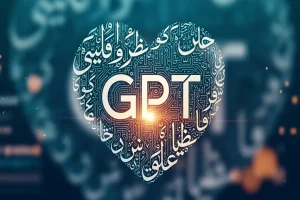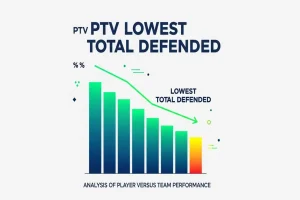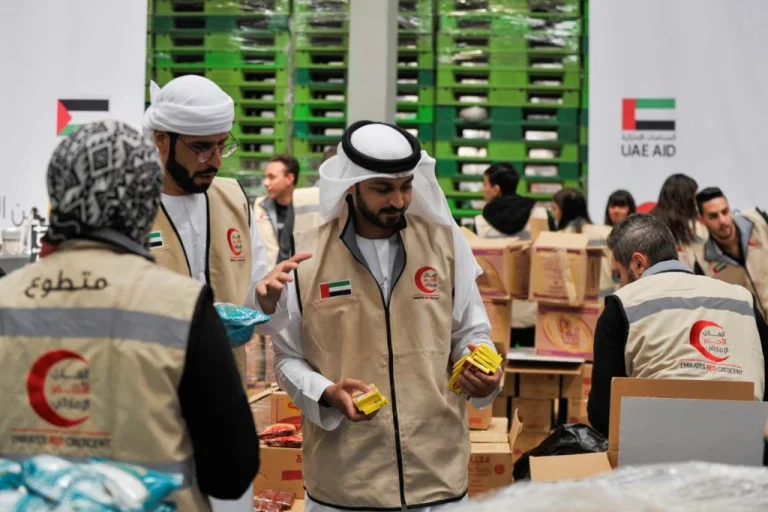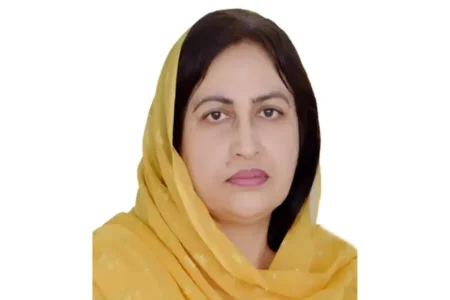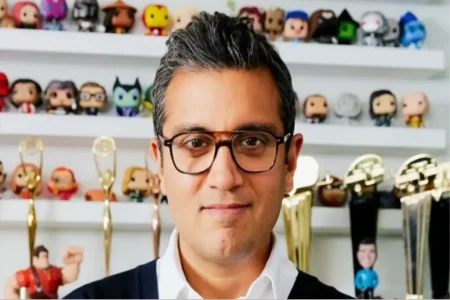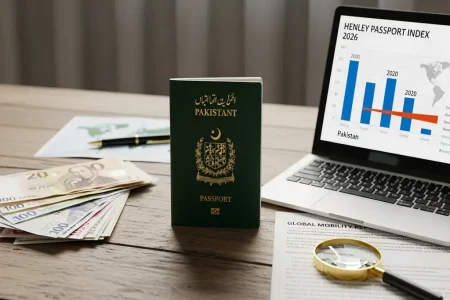The United Arab Emirates (UAE) is again proving that in a world that is usually characterized by conflict and division, real peace starts with rebuilding and restoring dignity. With the foresight of Khalaf Ahmad Al Habtoor, among the most eminent business figures in the UAE, a transformation Gaza Reconstruction Plan has been presented to the world, a plan that has transformed the world discussion of charity into sustainability, and aid dependency into empowerment.
The given three-stage plan, reflecting the intensive humanitarian values of the UAE, will also indicate the expansion of its role as a regional and global leader in peace-based development.
The effort of Khalf Al Habtoor that he calls it a building as the noblest peace endeavor is a breakthrough in the way the rebuilding after the end of conflict may be accomplished by the participation of the private sector. Contrary to traditional humanitarian models, which are usually based on short-term aid, the strategy of Al Habtoor is developed on the principles of action, openness, and sustainability.
In his proposal he proposes a three stage reconstruction roadmap that would help the people of Gaza to regain hope and self-sufficiency:
Phase 1: Housing and Infrastructure – Short-term Relief with Vision
The plan is initiated by building 150,000 housing units within three years with essential infrastructure facilities like electricity, sanitation, and health facilities.
This step will make sure that the displaced families will be able to relocate to safe homes to live in dignified ways and this will form the foundation of the stable, operational community. It is a symbol of short-term humanitarian assistance along with long-term urban development, a pattern that may transform future recovery operations in the Middle East.
Phase 2: Economic Empowerment: Jobs, Not Aid
The core of the Al Habtoor plan is economic revival, which is empowerment. As a project that will build industrial and commercial centers, Gazans will have hundreds of thousands of jobs available.
It is a strategy that does not follow the traditional assistance and concentrates on the sustainable development by providing individuals with means to revive their destinies and not be dependent on the constant aid. It shows the UAE philosophy of the idea that real peace is reinforced through economic opportunity and self-sufficiency.
Phase 3: Governance Without Politics Transparency and Accountability
In an area where politics mostly takes precedence over human life, the strategy by Al Habtoor brings into play a form of government based on transparency and anti-corruption.
The reconstruction process is people-oriented by ensuring that the resources are handled in an efficient and equitable way without any political interference. This system of accountability will ensure that all dollars, all bricks and all hard work are directly proportional to the people of Gaza.
Humanitarian Diplomacy and Global Leadership
The initiative is highly consistent with the overall foreign policy of the UAE under the leadership of President Sheikh Mohamed bin Zayed Al Nahyan that advocates stability, coexistence and humanitarian diplomacy.
The moderate stance of the UAE, with the effect of a state intervention, and the competence of a business arena, is already receiving recognition in the world as a stabilizer in the Middle East. This Gaza reconstruction policy is an addition to the current UAE humanitarian action, demonstrating how the identification of partnership of the public and the private may provide real, long term outcomes in the war time areas.
In a proposal submitted to the U.S. President Donald Trump, Al Habtoor focuses on international collaboration, as opposed to international competition. It also asks the Western countries, NGOs and development agencies to collaborate in the reconstruction of Gaza in an open results-based model.
This blueprint of global collaboration is well based on the values that underlie its reconstruction, transparency, and human dignity, as it is closely related to the Western principles of humanitarian and development.
Regional-wise, the move strengthens the UAE as an Arabian leader that can be trusted in peacebuilding. It shows how solutions to crises can be more effective with Arab solutions that are based on mutual culture and regional comprehension, than with outside interventions.
This vision also highlights the continued obligation of the UAE towards collective Arab responsibility whereby reconstruction in Gaza is not a political declaration but a moral and human obligation.
Humanitarian Values of South Asia
This initiative goes deep into the hearts of countries such as Pakistan and Bangladesh. The UAE has been a long-time development aid, investment and humanitarian aid to these countries. The reconstruction model by Al Habtoor reflects the values shared by both the South Asian society and Arab one, which include kindness, solidarity, and their common interest toward peace.
It brings out how Islamic ideals of charity (Zakat) and community reconstruction can work out into possible, sustainable service of worldwide benefit.
The Gaza Reconstruction Plan of Khalaf Al Habtoor is not only the plan to reconstruct the structures, it attempts to reconstruct the hope, dignity and future where peace does not need to be negotiated but built, one brick at a time.
This initiative can turn the UAE not merely into a power, but into a global leader in peace-driven development, by integrating visionary leadership of the UAE, innovation of its private sector, and humanitarian diplomacy.
Read: Today’s World News
